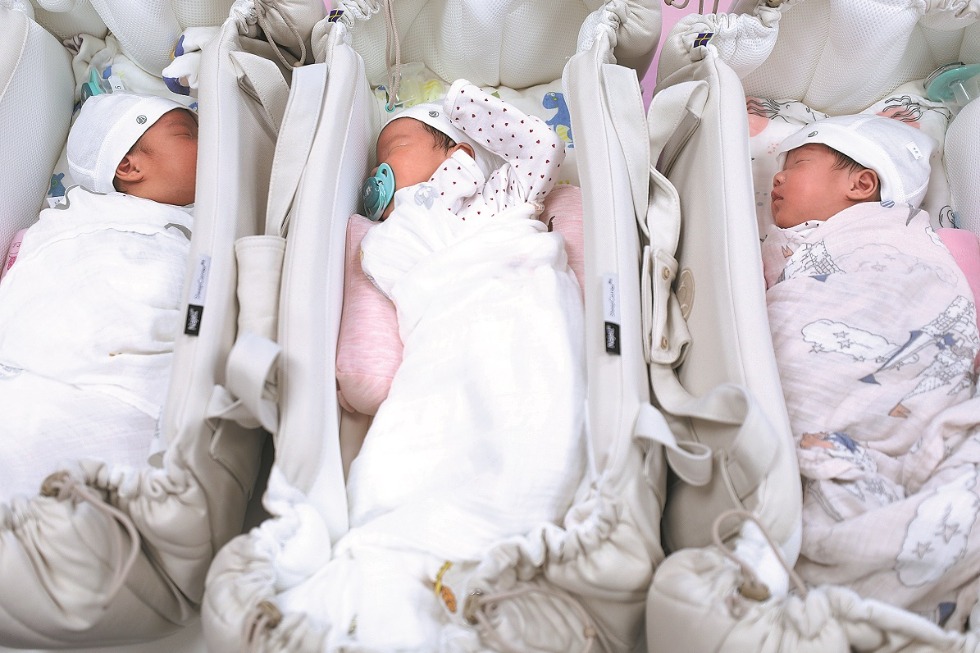Increased foreign investment in hospitals set to boost healthcare
Experts believe more funding will advance high-quality treatment to meet growing demand


Winning support
Specific conditions, requirements, and procedures for establishing wholly foreign-invested hospitals will be released later, authorities said.
Meanwhile, more supportive policies to breakdown regional barriers will need to be introduce to allow cutting-edge drugs, devices, and technologies, industry insiders said. Qualified hospitals should also start pilot projects and introduce more new concepts and therapies to China to truly achieve seamless integration with markets worldwide, they added.
Support is also needed to carry out clinical trials and introduce healthcare professionals from overseas.
In 2020, Shanghai Jiahui International Hospital filed a request to conduct drug clinical trials.
"We expect the government to further reduce restrictions on foreign-invested medical institutions in terms of relevant regulatory requirements and policies for clinical trials," said Hsiang. "We also hope that short-term work permits for nurses and medical technicians from overseas can be allowed, and the review process for expat doctors to be recognized and evaluated for professional titles and qualifications will be streamlined," he added.
Including Shanghai Xiehua Brain Hospital, Bain Capital operates 12 hospitals in Beijing, Shanghai, and the Yangtze River Delta region through APMG.
"But being foreign-invested hospitals doesn't necessarily mean we are expensive. Hospitals in our group target serving ordinary people in China," said Pan, CEO of APMG, adding that the hospitals have formed a group specializing in neurology, oncology, and rehabilitation.
"Take Xiehua, which is located in Shanghai's Hongqiao area, as an example. It is dedicated to providing patients from the delta region with accessible, affordable, and differentiated high-quality medical services," he said.























